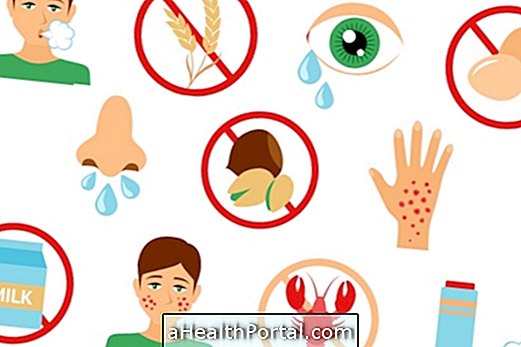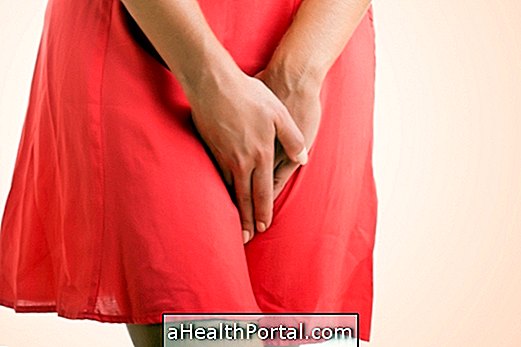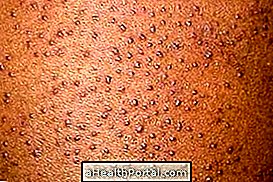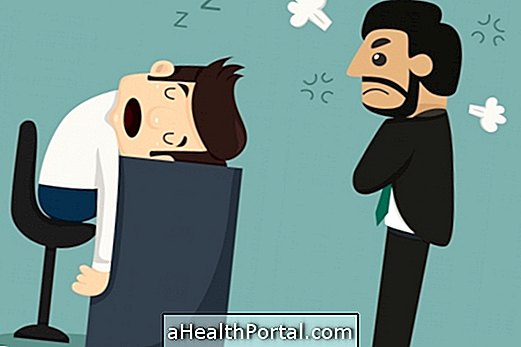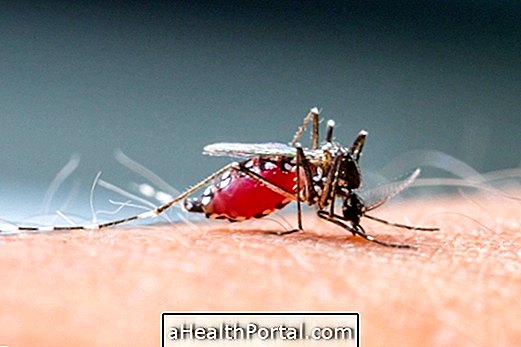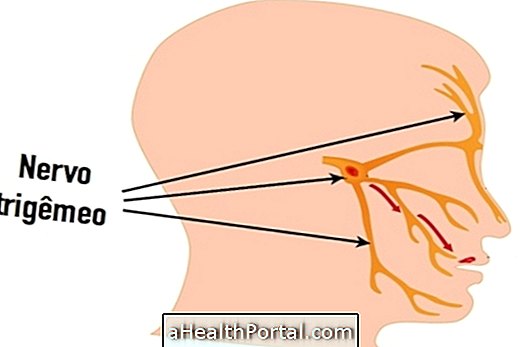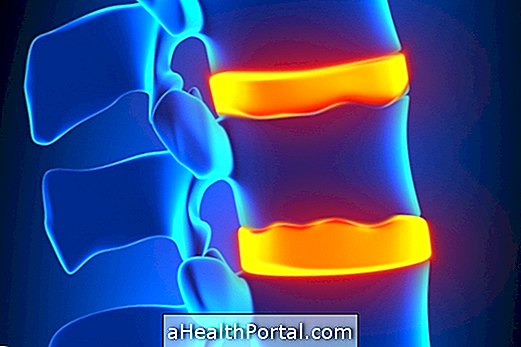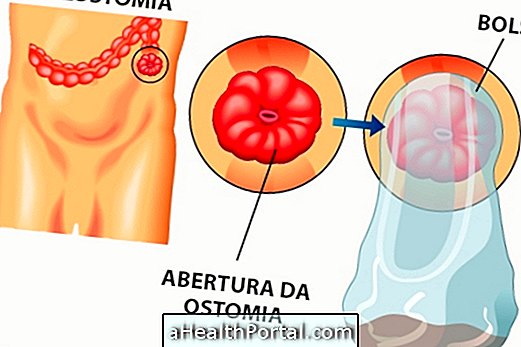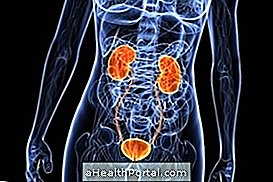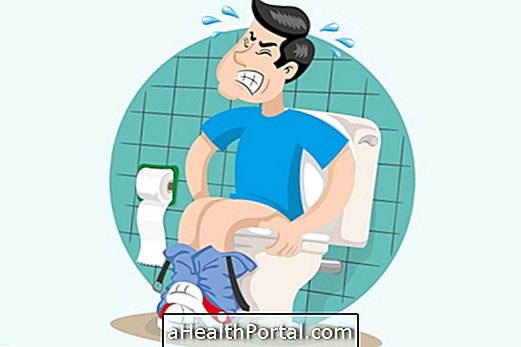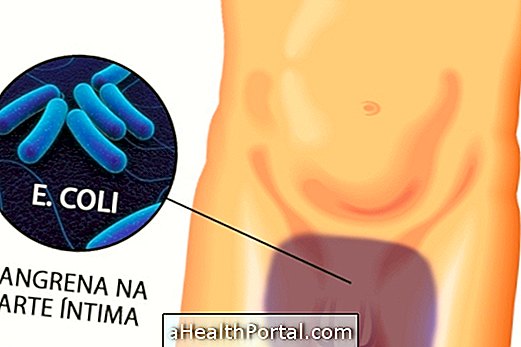The main cause of headache pain is tension headache, but there are other causes, such as migraine or sleep deprivation, for example. Although many headaches naturally improve over time, you need to be aware of the signs and symptoms they cause.
In general, most headaches do not represent a serious disease, but if it is severe and persistent, it is important that a neurologist is consulted.
See the main causes of constant headaches.

1. tension headache
Tension headache is the main cause of headache pain. This type of pain arises when the person feels more anxious or stressed, being very common on a daily basis, but not disabling, that is, the person is able to maintain the normal activities of the routine. In addition, tension headache pain is also characterized by:
- Weight, pressure or feeling of tightness, simulating a tight headband or helmet around the head;
- Light or moderate intensity;
- Intolerance to more intense sounds;
- Duration of hours up to seven days.
Still, the frequency can vary a lot, happening less than once a month or for more than 15 days.
What to do: in some cases the tension headache improves after using medication or relaxing. If tension headaches do not improve or last for more than 15 days, it may be necessary to seek help from a neurologist to recommend treatment with appropriate pain relievers. See more details on how to treat tension headache.
2. Migraine
Migraine is another cause of pain over the head, although it can also appear on one side of the head or on the back of the neck. Migraines can cause severe throbbing pain, and are common in people with a genetic predisposition and stressed out. In addition, you may experience symptoms such as nausea, cold hands; and sensitivity to light and sound.
Migraines can be felt on the right or left side of the head, but are more common on the left side, they are very uncomfortable and disabling pains. Know more migraine symptoms.
What to do: Maintaining a regular exercise routine can improve blood circulation and relieve pain. In addition, practicing meditation and yoga can help you relax and control the onset of seizures. If there is no improvement with these alternatives, it is important to seek a neurologist to carry out treatment with preventive drugs and immediate relief, such as pain relievers.
3. Drinking ice water fast
Headaches due to cold stimulation usually arise after drinking something very cold and is known to "freeze the brain", being pains felt near the top of the head, intense and lasting for a few seconds.
What to do: to avoid headaches due to cold stimulation, just consume very cold drinks more slowly or consume drinks at natural temperature.

4. Go without sleep
Headaches from sleeping little can affect anyone, even those who are not predisposed. Poor sleep quality, either due to insufficiency or interruption, usually causes severe pain similar to weight or pressure on the head. In addition, going without sleep is detrimental to health and worsens memory.
What to do: sleep more, reduce stress and maintain good posture, even when sitting, can prevent many types of headaches. The recommendation is to sleep 6 to 8 hours a night and invest in a dark, quiet and comfortable place to sleep, in addition to an ergonomic chair if you are sitting at a table to work.
Check out 10 tips for a good night's sleep.
5. Occipital neuralgia
Occipital neuralgia happens when the nerves that move from the spine to the scalp are damaged, irritated or pinched, which can cause pain in the back of the head, or the feeling of tightness at the top of the head.
Other features that can help recognize occipital neuralgia may be pain that feels like electric shock and pain that increases with movement.
What to do: applying hot compresses, massage and physiotherapy can alleviate the symptoms. If the pain persists, consulting a neurologist may be essential, since anti-inflammatory drugs and muscle relaxants may be prescribed. In addition, this doctor may prescribe anti-seizure medications for preventive purposes. Better understand the treatment for neuralgia.
Was this information helpful?
Yes No
Your opinion is important! Write here how we can improve our text:
Any questions? Click here to be answered.
Email in which you want to receive a reply:
Check the confirmation email we sent you.
Your name:
Reason for visit:
--- Choose your reason --- DiseaseLive betterHelp another personGain knowledge
Are you a health professional?
NoMedicalPharmaceuticalsNurseNutritionistBiomedicalPhysiotherapistBeauticianOther
Bibliography
- IMPROVED, Eliane M .. Headache and migraine: everything you need to know!. 1st ed. Rio de Janeiro: Atheneu, 2017.
- GOLDMAN, Lee; SCHAFER, Andrew I.. Goldman-Cecil Medicine . 25.ed. Rio de Janeiro: Elsevier, 2018.
